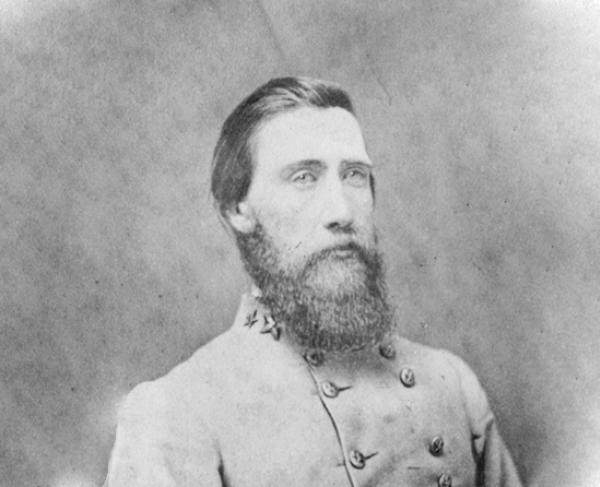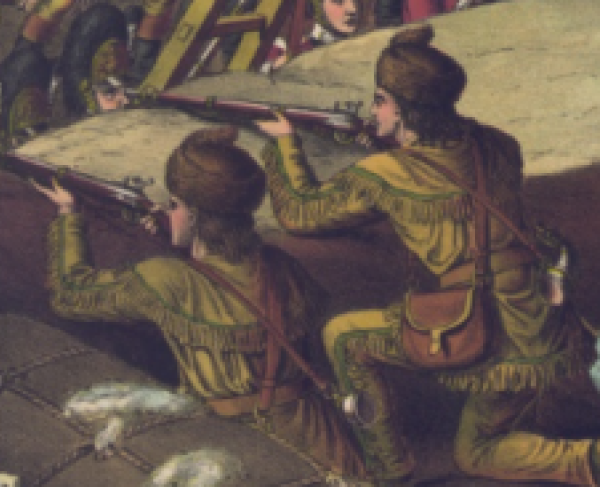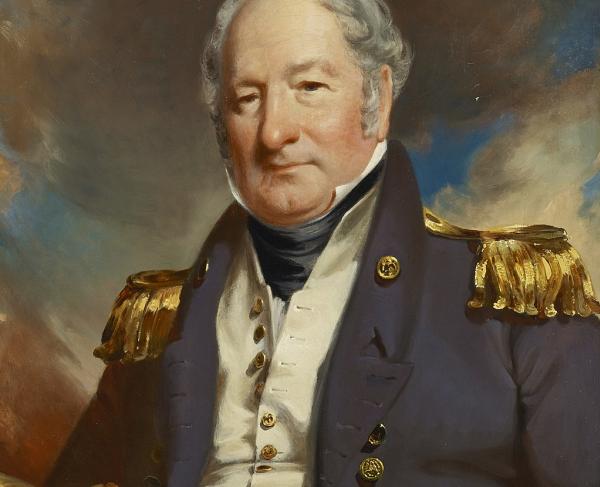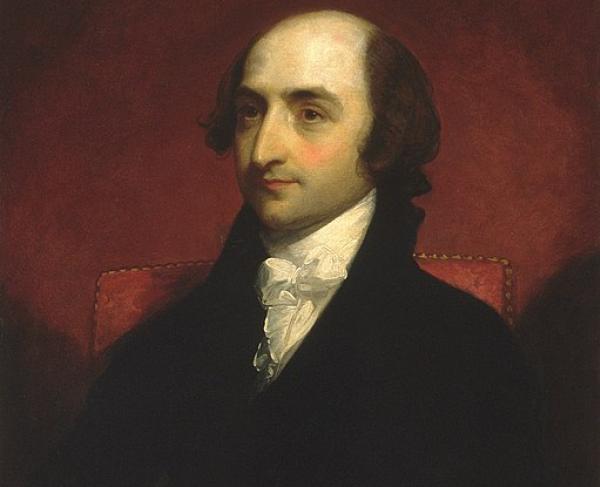John Bell Hood

Born in Owingsville, Kentucky in 1831 and a West Point Graduate at the age of 22, John Bell Hood was one of the most rapidly promoted leaders in the Confederate history of the Civil War. After serving in California and Texas for the United States Military, he resigned his commission in April of 1861 to join the Confederacy as a cavalry captain. From there, he was soon promoted to colonel of the Texas 4th Infantry. Thereafter he distinguished himself on a dozen fields, beginning in the Peninsula Campaign and at Second Manassas. At the Battle of Gaines' Mill on June 27, he distinguished himself by leading his brigade in a charge that broke the Union line - arguably the most successful Confederate performance in the Seven Days Battles. While Hood escaped the battle without an injury, every officer in his brigade was killed or wounded.
He was promoted to major general in 1862 serving with distinction at Sharpsburg and at Fredericksburg. Hood was a significant player at the Battle of Gettysburg, being ordered by Longstreet to attack the Union’s left flank against his own wishes. His command was bloodily blunted by union forces in Devils Den, and finally undone at Little Round Top. Hood was severely wounded in the arm at Gettysburg and was forced to hand off command, and soon thereafter lost a leg at Chickamauga. After some recovery, he was appointed to lieutenant general serving under J.E. Johnston, whom he would supersede in the spring of 1864. Hood conducted the remainder of the Atlanta Campaign with the strong aggressive actions for which he was famous. He launched four major offensives that summer in an attempt to break Sherman's siege of Atlanta, starting almost immediately with an attack along Peachtree Creek; however, all of the offensives failed, with significant Confederate casualties. Finally, on September 2, 1864, Hood evacuated the city of Atlanta, burning as many military supplies and installations as possible.
Hood marched his army into Tennessee where his forces were crippled trying to break through Union breastworks at the Battle of Franklin. His army suffered again at the Battle of Nashville from Union forces lead by General Thomas. Hood was relieved of his rank (at his own request) in January of 1865 and returned to his post as lieutenant general. He desired to take control of the Texas army, but they surrendered before his arrival. In May 1865, Hood gave himself up to Union forces in Natchez, Mississippi. After the war, Hood moved to New Orleans and lived there with his wife and children until he died in 1879 of yellow fever.


